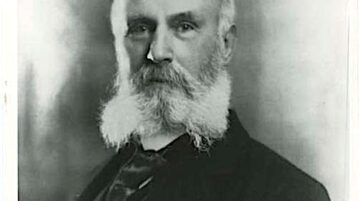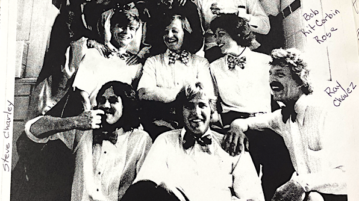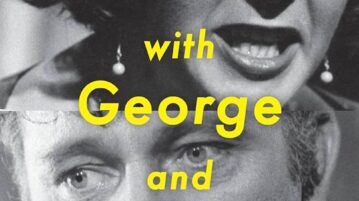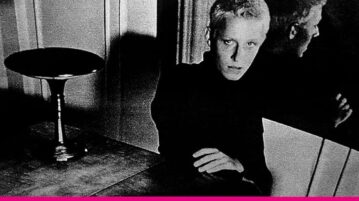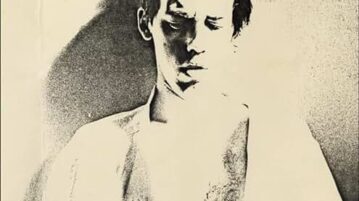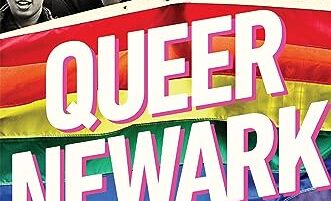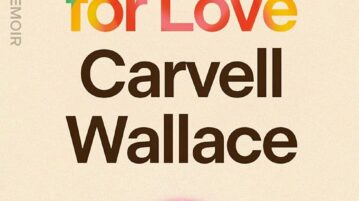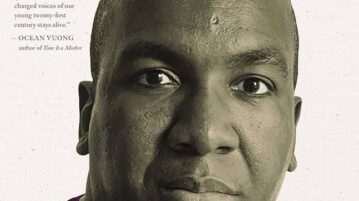
What a Queer Institution Was the Castrati
HE STARES dreamily at someone over your shoulder, his mouth open and poised to sing. In his hands he strums the lute that gives him his name. Flowers decorate the desk before him. The flowing white blouse he wears is open, displaying an unusually broad rib cage and rounded shoulders. His too-boyish face and luscious curls give him a feminine appearance, making his gender and age ambiguous. He’s beautiful and mesmerizing yet somehow haunting or, perhaps, haunted.
More

